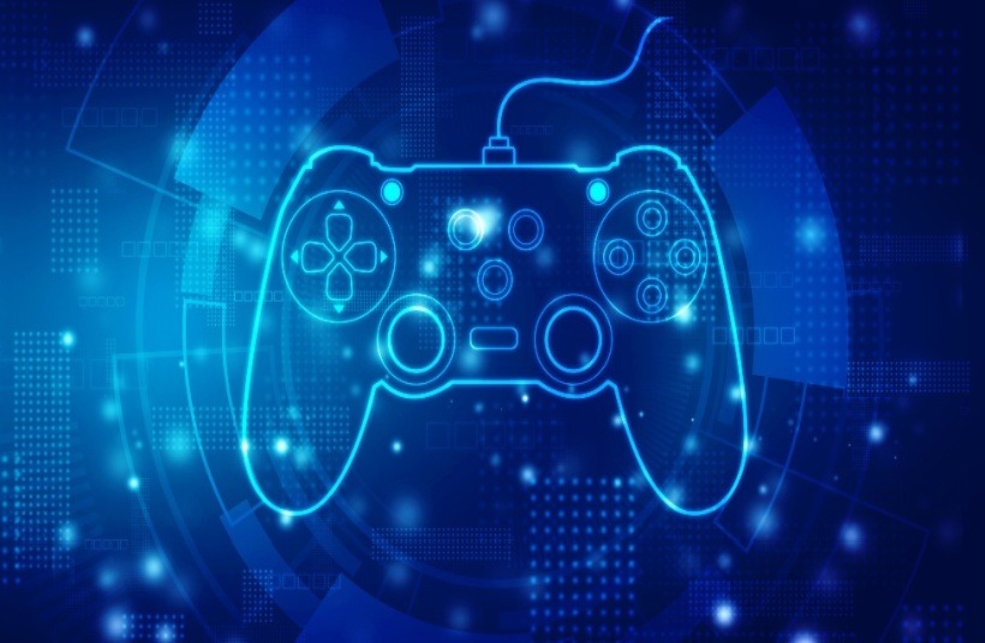Online gaming is an entertaining pastime that can also help develop learning skills. Gamification uses elements from games to improve learning experiences, motivate learners and support behavior change.
Gamification can increase engagement in training programs, but its implementation must be carefully thought-through to avoid encouraging behaviors that undermine its goals. Examples of gamification in action could include earning points, leading a leaderboard or collecting badges.
1. Endorphins
Endorphins are neurotransmitters released by our brain cells to give us a feeling of well-being and euphoria. Their release can reduce pain, depression and anxiety symptoms as well as increase concentration and focus.
Playing online games https://147.139.208.236/download/ can stimulate your brain, improving memory, problem-solving skills and decision-making abilities. But finding the appropriate balance is crucial; too much gaming could cause your academic performance to suffer; research indicates that students who become addicted have less motivation towards academic achievement.
Watching dramas and movies that tap into our emotions can also increase endorphin levels, since these stories activate areas of your brain that produce similar responses to physical harm. Integrating “neurobics” into classroom lessons can increase production of endorphins while improving learning abilities; having students perform pushups during class or counting colors/characters could stimulate neural firing in their brains and increase focus.
2. Neuroplasticity
Neuroplasticity refers to the brain’s incredible capacity for adaptability in response to learning and its surroundings, including adapting neural connections and pathways as well as physical structures of neurons (such as neurite growth) as well as stimulating new neurogenesis (the creation of new neurons).
This allows the brain to continue evolving throughout its lifespan, refining its basic architecture or shifting functions across regions of the brain. One notable example is how musicians tend to have larger cortical representation of finger movement than non-musicians due to increased use of neural networks associated with finger movement.
Exercise regularly show cognitive advances, such as enhanced performance in pattern separation tasks. These changes can be attributed to neuroplasticity in the hippocampal region responsible for memory processing; two experimental approaches exist for measuring these effects of neuroplasticity: cross-sectional and longitudinal. Cross-sectional involves simulating one experience while longitudinal takes time for optimal effects https://147.139.135.115/.
3. Collaboration
Many online games require collaboration and communication to succeed, yet educational gaming scenarios have often been criticised as taking students away from academics and toward cocurricular activities. If designed well, however, gaming scenarios such as those found in Google’s Read-Along app could help motivate learners towards meeting both academic and non-academic goals by rewarding points earned for meeting reading goals or other tasks outside of school – in turn improving academic performance as well as motivation to read!
Companies should exercise extreme caution when introducing game mechanics into their employees’ learning experiences. Introducing gaming elements could serve to distract employees from engaging in proven, effective learning experiences by shifting focus away from earning points and badges towards competing on leaderboards; this may discourage workers from taking necessary training. Instead, encouraging cooperative approaches where workers work together in pairs or groups on solving problems or accomplishing other tasks may improve engagement while leading to greater knowledge and skill mastery.
4. Continuous learning
Online gaming can have a tremendous impact on student learning skills development, but it is essential that they find an appropriate balance between gaming and their academic responsibilities. Educational institutions should spread awareness about both its positive and negative consequences and encourage students to find healthy ways of engaging in these activities.
Gamification can help make difficult topics more engaging for students, encouraging them to work harder when rewarded with badges or status. But restricting access to awards only for top finishers compromises gamification’s underlying purpose: that all learners will develop content knowledge and skills at their own pace.
Many games require players to work together or compete against one another, which helps develop communication and teamwork skills as well as critical thinking abilities. Furthermore, such challenges encourage gamers to think quickly and solve problems, helping to cultivate analytical and strategic thinking abilities that could prove helpful in real-life job tasks such as handling difficult customers or remembering safety protocols before driving a truck.

